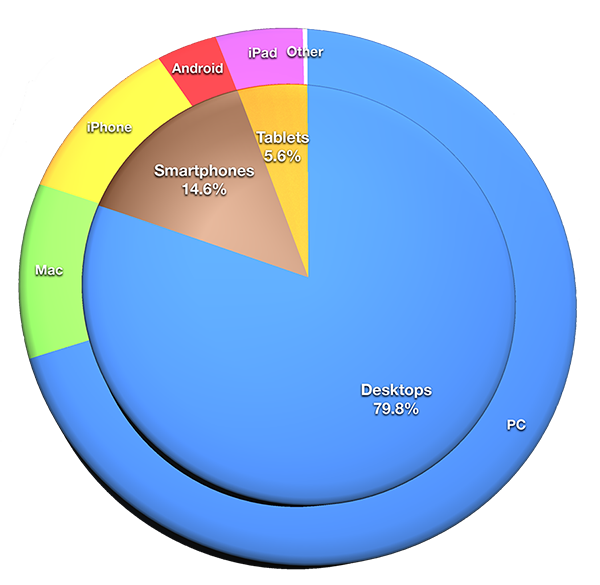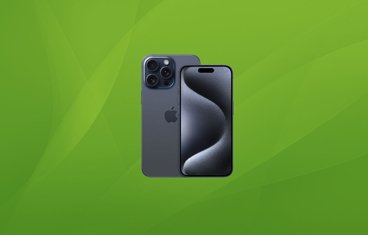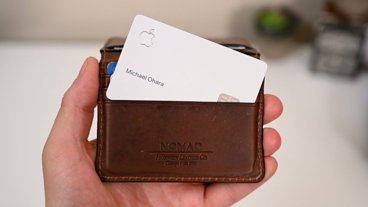Led by iOS, mobile devices now account for 20% of all internet traffic in U.S., Canada
While the lion's share of internet traffic is still being generated by desktops and laptops, the mobile sector has bolstered its presence showing that an increasing number of mobile data users are browsing the web and accessing internet-connected apps, reports All Things D.
According to sites linked to Chitika's network, PCs make up nearly 80 percent of all internet traffic, followed by smartphones and tablets with 14.6 percent and 5.6 percent, respectively. Broken down by sector, Windows users comprise the bulk of web traffic with 85 percent while Mac users trail with only a 13 percent share.
On the mobile device front, however, Apple continues to dominate with its iOS mobile operating system. The iPad crushes competitors as far as internet usage metrics are concerned, with users of Apple's ubiquitous device accounting for 95 percent of all tablet traffic.
The smartphone segment also finds Apple with a commanding lead as iPhone users amount to about 72 percent of traffic compared to Android's 26 percent. Interestingly, Windows Phone now accounts for one third as much traffic as RIM's BlackBerry despite having a drastically lower market share.
Graph of U.S. and Canada internet traffic by device. | Data source: Chitika Insights
Just as iOS lends itself to internet access by offering an easy-to-use browser and connected apps, Windows Phone also excels in these areas. The statistics are indicative of BlackBerry users who may still be using devices that sport relatively small screens not optimized for web content viewing.
Friday's data looks to be congruous with a separate report from Chitika in April that found 71 percent of all mobile traffic originating from iOS devices.
 AppleInsider Staff
AppleInsider Staff











 Chip Loder
Chip Loder
 Andrew Orr
Andrew Orr
 Marko Zivkovic
Marko Zivkovic
 David Schloss
David Schloss

 Malcolm Owen
Malcolm Owen

 William Gallagher
William Gallagher







